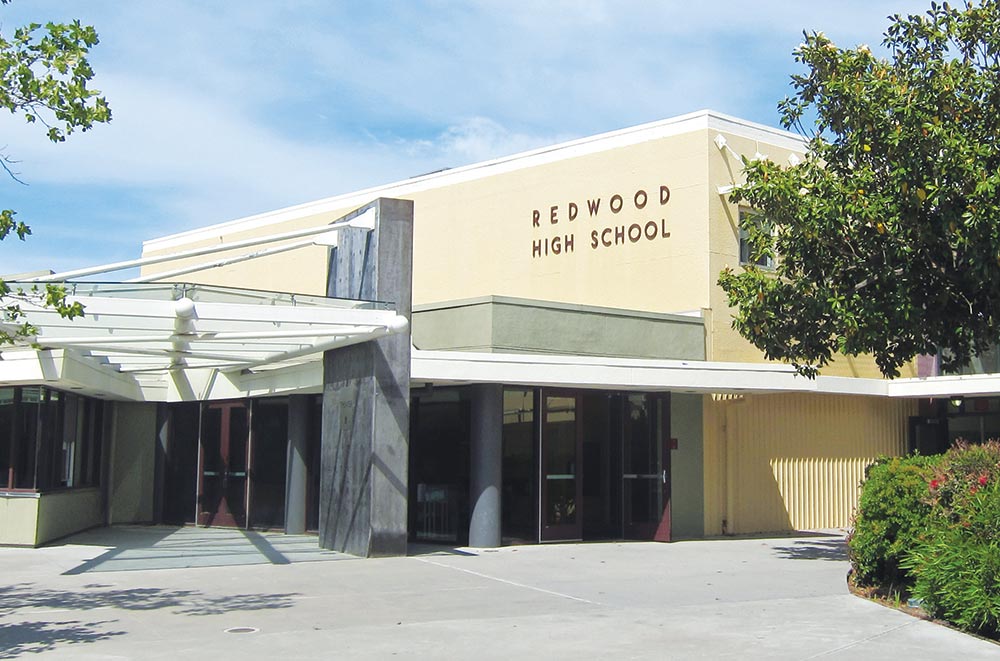By Eli Walsh, Bay City News Service
Gov. Gavin Newsom and state legislative leaders celebrated the signing Friday of a $6.6 billion legislative package intended to support the statewide reopening of grades K-6 by the end of the month and grades 7-12 in early April.
The package includes $2 billion in grants to support safety measures for students and educators returning to in-person classes, including personal protection equipment, improvements to classroom ventilation and regular coronavirus testing.
The remaining $4.6 billion will fund voluntary learning expansions, including extending the school year into the summer, tutoring to make up for learning lost amid the pandemic and mental health services for students.
“We all recognize how stubborn and challenging this process has been over the last 60-plus days,” Newsom said during a virtual signing ceremony for the legislative package.
The reopening plan comes after months of negotiation between officials in the Newsom administration, state legislators and teachers’ unions over details like required vaccinations and a reopening timeline that all sides agree is safe.
While the package does not require the vaccination of educators before in-person classes resume, state officials have argued they’ve taken steps to ensure there are vaccine doses available to educators who want them.
On Monday, the state began reserving 10 percent of the weekly vaccine shipments sent to local health departments and multi-county health care entities for K-12 educators and child care workers.
Assemblyman Phil Ting, D-San Francisco, framed the legislative package as the first of several steps toward reopening schools and cited his children’s experience with distance learning to underscore the need for schools to reopen.
“I have two children in San Francisco public schools and they’ve been Zooming since last March,” he said. “I’ve seen the effects on them firsthand, whether it is their drop in their desire to learn, their withdrawal, their inability to connect with friends. We’ve seen the devastating effects.”
Ting added that while the San Francisco Unified School District has yet to approve a reopening plan, he is still excited to offer resources from the legislative package to schools in need.
“We’re going to go home to all our districts and beg all our (school) districts to open up, use this money and do everything possible,” he said.
The deal stops short of mandating that all grades return to in-person classes across the state, instead using state funding as an incentive.
The deal requires in-person instruction at public schools to resume for K-2 students and all “high-needs” students in grades K-12—including English language learners, students in the foster care system and unhoused students—by the end of the month.
Non-complying schools would lose 1 percent of their funding per day if they are not open by then.
Once a county is in the red tier of the state’s pandemic reopening system, schools would risk the same penalty if they do not offer in-person instruction to all elementary grade students and students in at least one middle or high school grade level.
State officials noted on Friday that the state’s legislative package is also not contingent on federal funding or the Covid-19 relief bill Congress is currently considering, allowing the state to avoid waiting on political machinations in Washington, D.C., to reopen schools.
“I feel very confident that the resources provided in this (legislation) in combination with those we anticipate from the federal government will provide us the sufficient funds for our classrooms to open safely,” said state Sen. Nancy Skinner, D-Berkeley.
Schools in at least 35 of the state’s 58 counties have already resumed in-person classes in some form, according to the state.
The state’s school reopening website can be found here.









